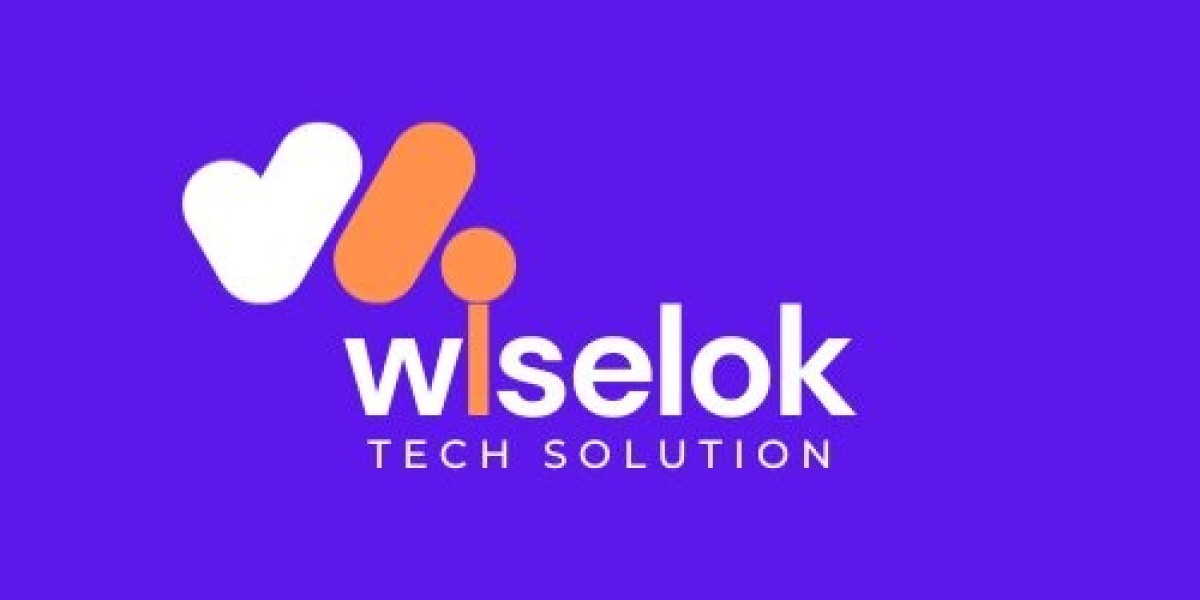Attention Deficit Hyperactivity Disorder (ADHD) is a complex neurodevelopmental disorder that affects millions of individuals worldwide. Understanding the ADHD treatment landscape is crucial for those seeking effective management strategies. This article delves into the latest advances in ADHD treatment, exploring various options from medication to mindfulness practices.

Understanding ADHD Treatment Options
When it comes to ADHD treatment, there is no one-size-fits-all approach. Different individuals may respond uniquely to various therapies. The primary categories of treatment include:
- Medication: Stimulants and non-stimulants are commonly prescribed to help manage symptoms.
- Behavioral Therapy: This approach focuses on modifying specific behaviors and developing coping strategies.
- Mindfulness and Relaxation Techniques: These practices aim to enhance focus and reduce impulsivity.
Medication: A Cornerstone of ADHD Treatment
Medications play a significant role in the management of ADHD symptoms. Stimulants, such as methylphenidate and amphetamines, are often the first line of treatment. They work by increasing dopamine levels in the brain, which can improve attention and focus. However, some individuals may experience side effects or may not respond well to stimulants. In such cases, non-stimulant medications like atomoxetine may be considered.
It is essential to consult with a healthcare provider to determine the most suitable medication and dosage. Regular follow-ups can help monitor effectiveness and adjust treatment as necessary.
Behavioral Therapy: Complementing ADHD Treatment
While medication can be effective, many experts recommend combining it with behavioral therapy. This approach helps individuals develop skills to manage their symptoms. Techniques may include:
- Setting clear goals and expectations.
- Implementing reward systems for positive behavior.
- Teaching organizational skills and time management.
Behavioral therapy not only aids in symptom management but also enhances self-esteem and social skills, which are often impacted by ADHD.
Mindfulness: A Holistic Approach to ADHD Treatment
In recent years, mindfulness practices have gained traction as an effective component of ADHD treatment. Techniques such as meditation, yoga, and deep-breathing exercises can help individuals improve their focus and emotional regulation. Research suggests that mindfulness can lead to significant reductions in ADHD symptoms, particularly in children and adolescents.
Incorporating mindfulness into daily routines can be beneficial. For instance, setting aside a few minutes each day for meditation can foster a sense of calm and improve concentration.
Conclusion: A Comprehensive Approach to ADHD Treatment
In conclusion, the landscape of ADHD treatment is continually evolving. By understanding the various options available—medication, behavioral therapy, and mindfulness—individuals can make informed decisions about their treatment plans. For more in-depth information on ADHD and its management, consider visiting  .
.
Ultimately, a comprehensive approach that combines different treatment modalities may yield the best outcomes for those living with ADHD. As research continues to advance, staying informed about new developments is essential for effective management.








